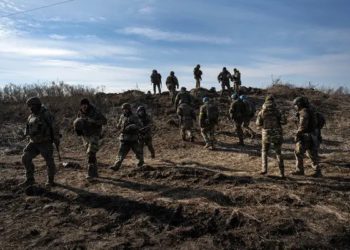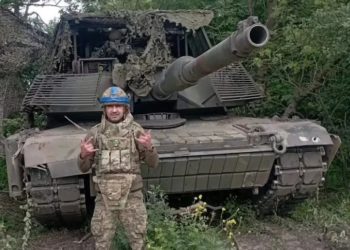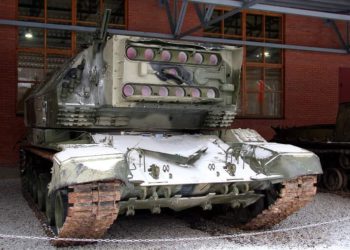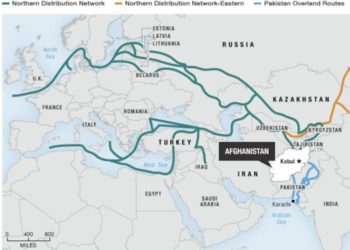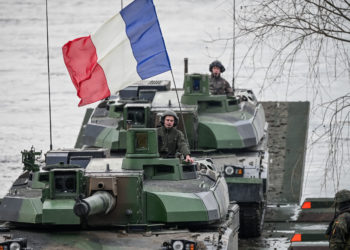Nuclear Weapons Use In Ukraine: A Hypothetical Scenario
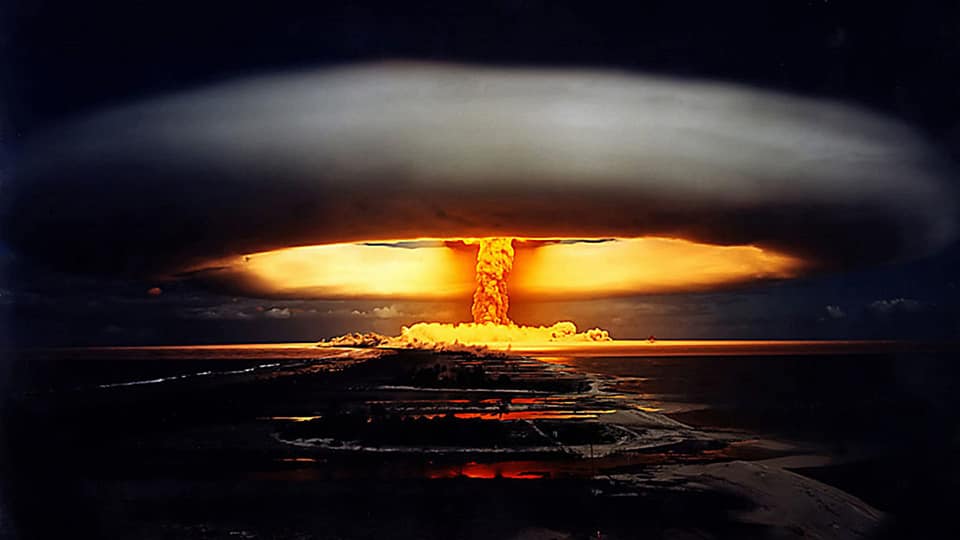
Greetings. Today’s article will focus on an unthinkable hypothetical: the use of nuclear weapons in Ukraine and the aftermath.
Introductory Notes on the Topic
But briefly some admin notes:
- Keep the comments constructive.
- Comprehension ability is critical. *We are not responsible for a lack of comprehension*.
- There is also a common-sense requirement. Just because we state an inconvenient truth, that does not indicate bias.
Current Discussions and Speculation
There has been much discussion recently about whether or not Russia will employ nuclear weapons in Ukraine to avert a potential military defeat. The majority of this speculation originates from academics in funded think tanks, political theorists at universities who are paid fees by media outlets, and former officials, also paid fees for their views that support the media communications strategies, not to mention the ever-active social media channels.

Interestingly, there is not all that much discussion from government officials or agencies on the topic, though there is some but not much. It is somewhat similar to how the war is being covered, where we have the reality-based situation, the spin from the media and think tanks, and then the version from the main social media channels, this one included.
Briefly, we will dive into some critical elements on this topic, as well as tackle the talk of a US response to any Russian nuclear weapons employment.
Potential Conditions for Russian Nuclear Use
Firstly, Russian forces would have to be significantly defeated on the battlefield, to the point that the entirety of their forces were routed and collapsing. While Ukraine was able to successfully act on US intelligence and leverage considerable support to launch a counterattack in the Kharkiv region and stall any Russian efforts in the two breakaway regions, the successes both have more to do with Russian inefficiencies and insufficient combat power, i.e., troop levels and ratios, than anything else.
Furthermore, Russia successfully conducted a retrograde operation, or as close as they could manage, and restored their lines, albeit with questionable results and no sign of fully stabilizing the situation. This, in turn, has more to do with the limitations and constraints faced by Ukrainian forces than it does with any Russian prowess.
Russia has also announced a partial mobilization, which apparently includes scores of convicts being sent to fight as opposed to remaining in prison (still laughing at this one).
Supply Constraints and Long-Term Implications
There is also the harsh reality that the West, primarily the United States, will have a hard time further supplying Ukraine with all their military needs going forward.
Ultimately, as stated multiple times, to the dismay of a few social media fanatics and fundamentalists, this will likely lead to a longer conflict that further ruins the internal functionality of the Ukrainian state and places them in the same category as Haiti; a bankrupted, broken, internally gutted, and fully in debt nation without an economy, and post-conflict, fully reliant on foreign aid to exist, regardless of a Russian defeat or withdrawal.
Additionally, as this author has stated numerous times, the above situation for Ukraine, is the true withdrawal and goal of Russia.
For these reasons, it is unlikely that Russia will need to employ nuclear weapons to avert a strategic defeat in Ukraine.
US Response to Russian Nuclear Use
Secondly, the question of whether or not Russia would employ nuclear weapons to mask failures and thus enact a withdrawal of forces conducting their Special Military Operation must be considered. In this scenario, there must be a planned withdrawal of all forces due to a lack of capacity to effectively continue their military efforts, as well as the prospect that continued efforts could, in fact, lead to an entire collapse and defeat. In simple terms, to avoid utter defeat, the Russians withdraw entirely to avoid that scenario.
Another caveat of this is that there may need to be a credible threat of Ukrainian forces wanting to continue the war, post-Russian withdrawal, and aspects of NATO forces, again predominantly the US, postured to enter into Ukraine post-conflict and serve under the titles of “stability forces and peacekeepers.”
If either or both of these scenarios, along with the elements needed, are clearly established, then Russia may employ nuclear weapons in a limited fashion.
Consequences of US Military Action
What is more concerning still is that there are people, again mostly academic think tank members, who openly advocate and champion that in the event of Russia employing nuclear weapons in Ukraine, the United States should respond militarily against Russia.
In simpler terms: two nations are at war. One employs nuclear weapons against the other, and a third-party, not at war, decides to directly attack the nation which just employed nuclear weapons. This could lead to a nuclear catastrophe and exchange between the non-warring nation and one of the belligerent nations at war.
A very loud proponent of this view is Dr. Rebecca Grant (Fox News). In such a scenario, it is claimed that if Russia were to employ nuclear weapons against Ukraine, then the United States should attack Russia directly with conventional weapons. The assumption is that Russia, having just employed nuclear weapons, would back down and accept strategic defeat. This also presupposes that Russia would not reciprocate and directly attack a Western nation, say Berlin, with a barrage of long-range conventional weapons, or Paris even. There is also the possibility that Russia could escalate and employ another nuclear weapon in Ukraine, in Finland, or even Sweden, as none are NATO members and are not covered under Article V.
These scenarios have been wargamed and are actual possibilities if the wrong decisions are made.
Potential Impact on European Allies
[Sidenote: Despite what some claim, there is no consensus that radiation fallout from nuclear weapons or accidents would be covered under Article V, as this occurred regularly during the Cold War with weapons tests from the USSR as well as the West.]
Russia could easily hold Europe hostage or even directly attack Europe with conventional or even nuclear weapons for any US conventional attack against their forces or nations (Minsk, not so sure).
This raises the question of whether the United Kingdom would be willing to trade London or Edinburgh for Kiev, or if France would want to trade Lyons or Paris for Kiev, or more importantly and accurately, for US foreign policy agenda(s). Also, there are “no do-overs” here as Russia has not attacked NATO forces or possessions.
Another more intriguing scenario is that Russia could retaliate by ordering their strategic forces to conduct an attack against the US mainland, say in “Fort Worth, Texas” or another critical infrastructure location, or directly attack US forces stationed elsewhere. Russia could also conduct cyber and electromagnetic attacks against critical infrastructure, further damaging Western economies as their losses potentially stand at 1.8 to 2.1 trillion in losses since the war began and it’s growing daily.
There simply are not many options available. It is also possible that Russia would not resort to nuclear weapons against a conventional attack against them for employing nuclear weapons; it is possible Russia will not and has no intention to employ them either. It’s hard to say, and the further one pushes, the further one moves towards a dangerous direction.
Conclusion
The prospect of nuclear weapon use by Russia is real, but under specific conditions. The goal is to not allow that possibility to materialize. If it does and were Russia to, in fact, employ them, however limited, there would not be any winners and the response options would likely lead to further destruction and loss of life.
Kindly,
Mel Daniels


